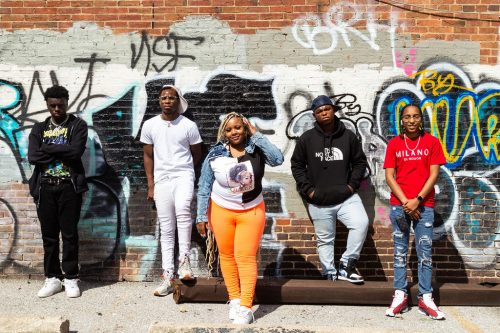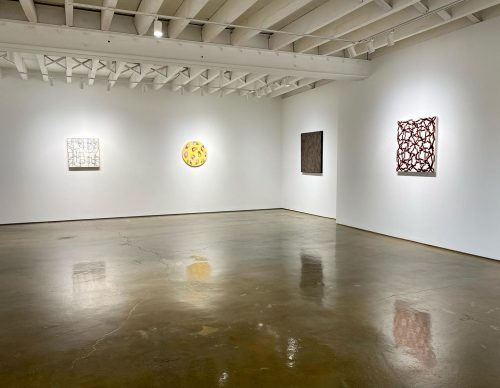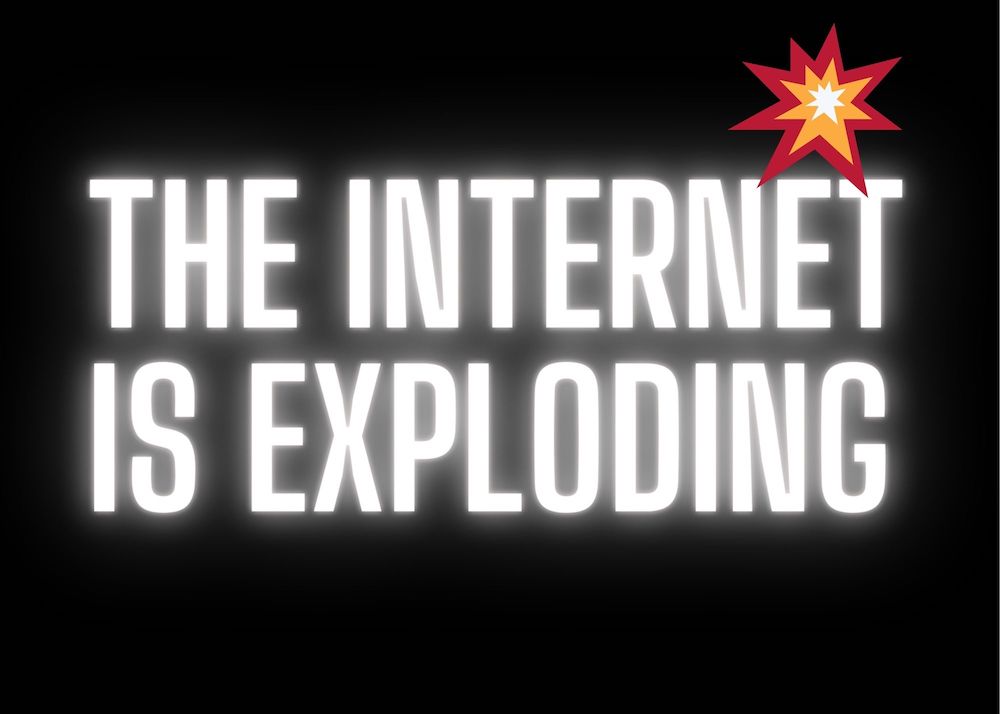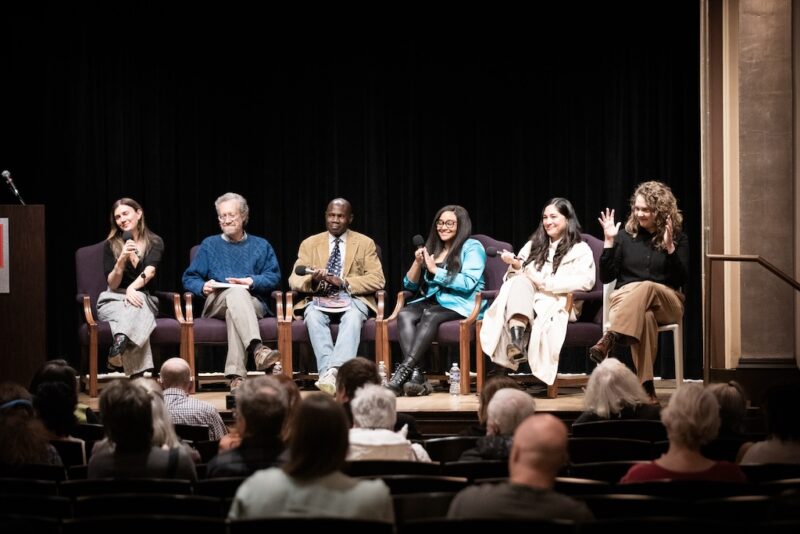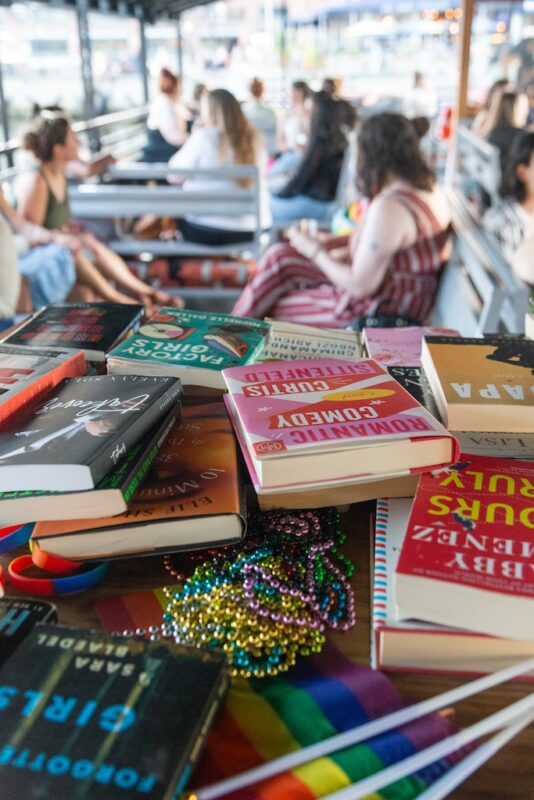7. The Atlantic: The Uncanny Feeling of Mid-flight Unmasking Videos
I woke up on Tuesday morning to my Twitter timeline filled with videos of people taking their masks off mid-flight. On “Monday night, following a U.S. district court ruling, the White House announced that TSA would no longer enforce the federal mask mandate inside airports and on flights.” Across social media, Charlie Warzel writes, the ruling was divisive with “its own cringey nomenclature—Covidians versus Coviditiots. Covidians are uncharitably framed as not just overly cautious but also as people who seem to enjoy COVID restrictions. They’re painted as miserable scolds, trapping the rest of America in an isolated, masked future. The Covidiots can occupy a broad category that includes everyone from the reckless anti-vaxxers to those who now dine indoors or work in offices without masks. They are portrayed as not just selfish, but, in extreme cases, as pro-virus.”
As Warzel points out here, the reality isn’t that simple. The online discourse largely left out a certain concern for workers. Warzel flew on Tuesday a few hours after the ban was lifted. In his experience, “the enthusiasm, as I saw it, felt logistical—[flight attendants] seemed thrilled to no longer have to enforce mask wearing in the cabin, as they’ve been doing for almost two years. As I deplaned, a flight attendant confirmed my hunch, telling me that it was a great relief to no longer have to police noncompliant and even hostile passengers at 30,000 feet.”
People’s reactions to the lift of the ban are exemplary of how “we continue to—rightly at times, and wrongly at others—direct ire at individuals instead of addressing the larger collective issues. And sometimes we blame the flight attendants instead of focusing on the politicians, propagandists, and policymakers, because it’s easy and because it gives us a feeling of agency in a situation where we usually have very little.”
